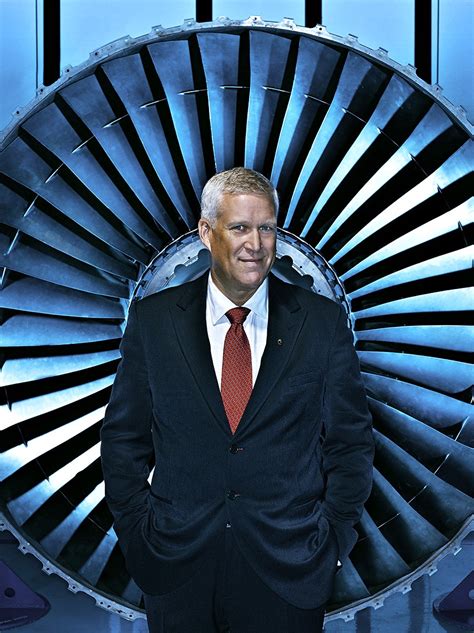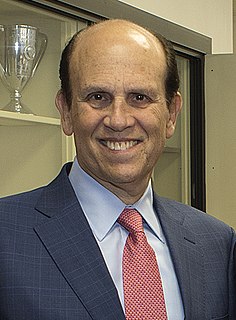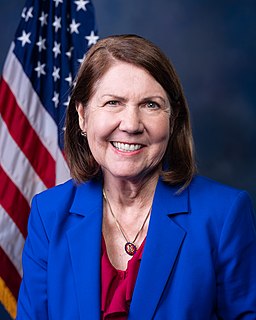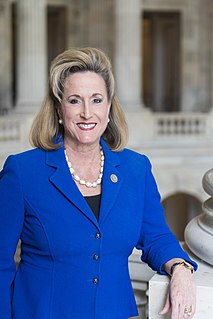A Quote by Jamie Dimon
Our commercial bank [JPMorgan] is only in the U.S. We are serving what you call SMEs - small businesses, private companies.
Quote Topics
Related Quotes
JPMorgan was already, for the most part. Our businesses at JPMorgan share the same cash-management systems. The commercial bank, the private bank, the retail bank, they all use the branches. The cash-management system moves the money around the world - for global corporations, and for you, the consumer, too.
As a matter of fact 25% of our U.S. investment banking business comes out of our commercial bank. So it's a competitive advantage for both the investment bank - which gets a huge volume of business - and the commercial bank because the commercial bank can walk into a company and say, "Oh, if you need X, Y and Z in Japan or China, we can do that for you."
Small and mid-sized companies in this country historically have been responsible for creating the overwhelming majority of new jobs in the private sector. One of the most-common misconceptions about our private enterprise system is that large companies, such as the Fortune 500, are integral to the process of job creation in this country. The truth is quite the opposite.
Ninety-eight percent of all American companies have fewer than 100 employees. Over half of all Americans work for a small business. Small businesses are the backbone of our nation’s economy and we must protect this great resource.....Helping American small business is part of our movement for change and the end of politics as usual.
We also need to reduce corporate tax rates. This applies to small, medium and large businesses. At 35 percent, we have the second highest corporate rates in the world. It restricts the growth of small enterprises that need to plow capital back into their businesses and forces companies and jobs to move overseas.
The United States, Russia, and China are the only three countries in the world that can launch astronauts into space. Mostly in the U.S. you see some companies trying to launch private commercial people into space, but nobody's done it yet. The only private vehicle that's made it into space so far is Spaceship 1 in 2004, and that was an effort that was funded by one of the Microsoft founders, and he spent about $20 million to develop this spacecraft to do a sub-orbital flight. And it's not the same as going into orbit, but it was a huge first step.
































